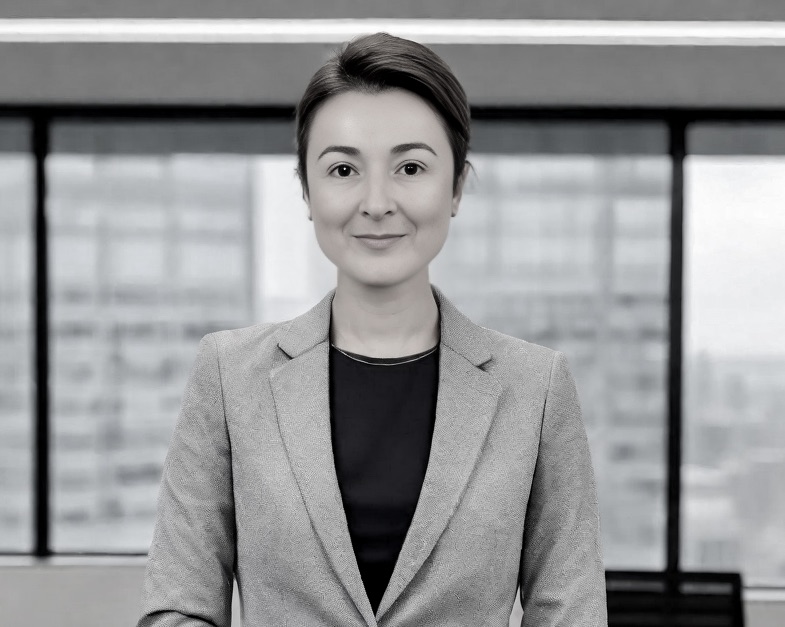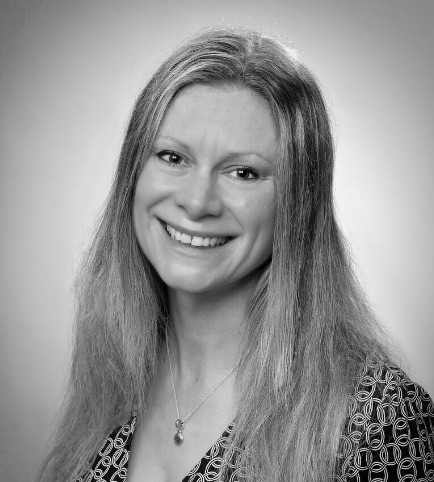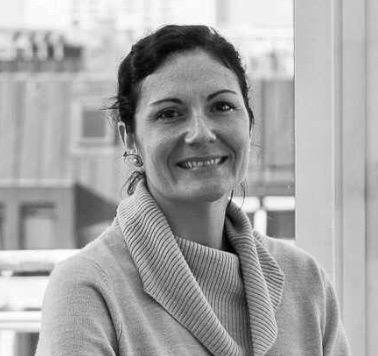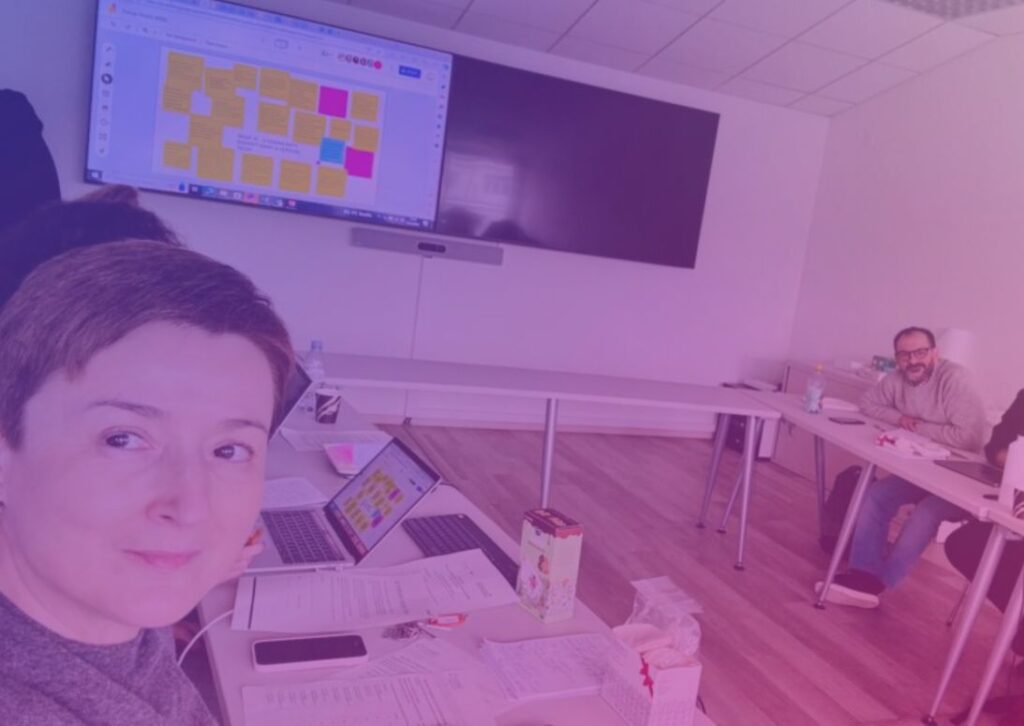Who are you, where do you work and what are your current research interests?

I am Angela Soltan from State University Moldova. My PhD in sociolinguistics has focused on linguistic alterity in language education. I’ve been particularly interested in what unfolds in public school classrooms – a melting pot of cultures, languages, and ways of speaking. Yet, the focus is often on a single ‘standard’ language, and it overlooks the power of mastering and navigating diverse languages and varieties. I have a background in conference interpreting and interpreting in vulnerable situations within the Council of Europe programs. I’ve also worked in public health advocacy and communication with international and non-governmental organisations. Within LITHME I‘m exploring how human – machine interaction impacts our rights to communicate in preferred languages, access information and services, and attend to human needs. I would like to know more about the best practice in holding tech developers accountable for adhering to the principles of ethics, equity and linguistic justice.

I am Rebekah Rousi, Associate Professor of Communication and Digital Economy at the University of Vaasa, Finland. I hold a PhD in Cognitive Science, specialising in user experience via semiotics. My main research areas are human-technology interaction (human-AI, human-robot) as well as AI ethics, privacy and trust.

I am Lucia Ruiz Rosendo, Associate Professor and Director of the Interpreting Department at the Faculty of Translation and Interpreting, University of Geneva (Switzerland). My main line of research is interpreting in conflict zones and the history of interpreting, with a particular focus on armed conflicts, as well as interpreting for vulnerable populations in humanitarian scenarios.
How did you get involved with LITHME network?
Angela: My interdisciplinary adventures in language policy, from untangling “linguistic alterity” to the thrills of translation and interpreting, must have caught Dave Sayers’ eye. He emailed me out of the blue and invited to co-propose the LITHME project. Fast forward, proposal accepted, challenge accepted: I joined the Management Committee and became chair of the working group on Language Rights.
Rebekah: I was contacted by a LITHME member regarding my interest in getting involved. I had collaborated previously with experts in sign language, Deaf culture and language rights among minority sign language users. This collaboration resulted in a publication that linked to LITHME in terms of the connections between minority languages, language rights and emerging technology. My own research area of semiotics in human-technology experience connects nicely with the project on a number of levels, both in terms of language and cognition.
Lucia: I was contacted by Dave Sayers who asked me to get involved with LITHME as co-chair of this working group given my expertise in the field of communication in disaster response and humanitarian interpreting.
How has LITHME impacted your research?
Angela Soltan: I see LITHME as a playground for curious minds. Here people from different countries and continents, with various professional and scientific backgrounds can exchange, challenge and support each other’s ideas, sparking fresh research paths. Whether you’re a seasoned researcher, an AI enthusiast, or simply curious about the future of language in technology, LITHME offers opportunities for growth. During my time with the project, I defended my PhD and found colleagues within LITHME willing to provide their kind support by writing a review for the English summary of my thesis (it was a requirement for the defence process; the thesis was in Roumanian and I had to publish 35 page summaries in Romanian and English and get them revised by as many colleagues as possible from around the world). Based on my experience, the network is a place where we can cultivate mutual respect, and truly appreciate the unique perspectives that each colleague brings to the table. It also provides a sense of belonging to a group of like minded researchers – a big plus for our well-being! LITHME’s impact? It enhanced my understanding of the social side of language tech. While the possibilities excite me, I’m now more mindful of potential risks, inequalities and power dynamics hidden in our interaction with AI driven technology. This awareness fuels my work, like making my educational site more accessible to everyone who can benefit, including more ethical aspects of interaction with technology in my research, and advocating for human-centred AI.
Mention one thing you would like everyone to know about the language technology and language rights
Language tech is a game-changer, but it’s not a one-size-fits-all solution. It can’t come at the expense of language rights. Everyone deserves access to services in their preferred language, regardless of the tech involved. Imagine a person who doesn’t speak the dominant language – a complex voice-activated system might exclude them. Digital forms can be barriers to someone who doesn’t understand the language it is written in. Machine translation, especially for legal or health information, can be inaccurate. We need to evaluate language tech against the human alternative. Technology shouldn’t leave anyone behind. If a person can get the help they need by speaking with someone who understands their language, that human connection should be prioritised. In conclusion, AI-based technology should be developed and used as a means to enhance individual and societal human well-being, rather than as an end in and of itself. People should have the right to choose whether they interact with humans or machines, regardless of their reasons.
Mention one most important thing your WG will advance during the last year of LITHME as a COST Action
First of all, like other working groups, we’re finalising our chapter for the upcoming book. In addition, as a result of our workshop in Geneva in February this year, we structured a framework for FAIRAI principles V1.0. Imagine a four-wheel-drive vehicle – communities, researchers, and policymakers all working together with tech companies to design and deploy these AI driven technologies fairly. This framework is the foundation for a Special Issue in the Journal of Language and Law/ Linguagem e Direito. We recently launched the Call for Papers for the Special Issue: Language, Law and Rights: Balancing AI Driven Technology and Equity. We are looking forward to numerous thought provoking articles!

